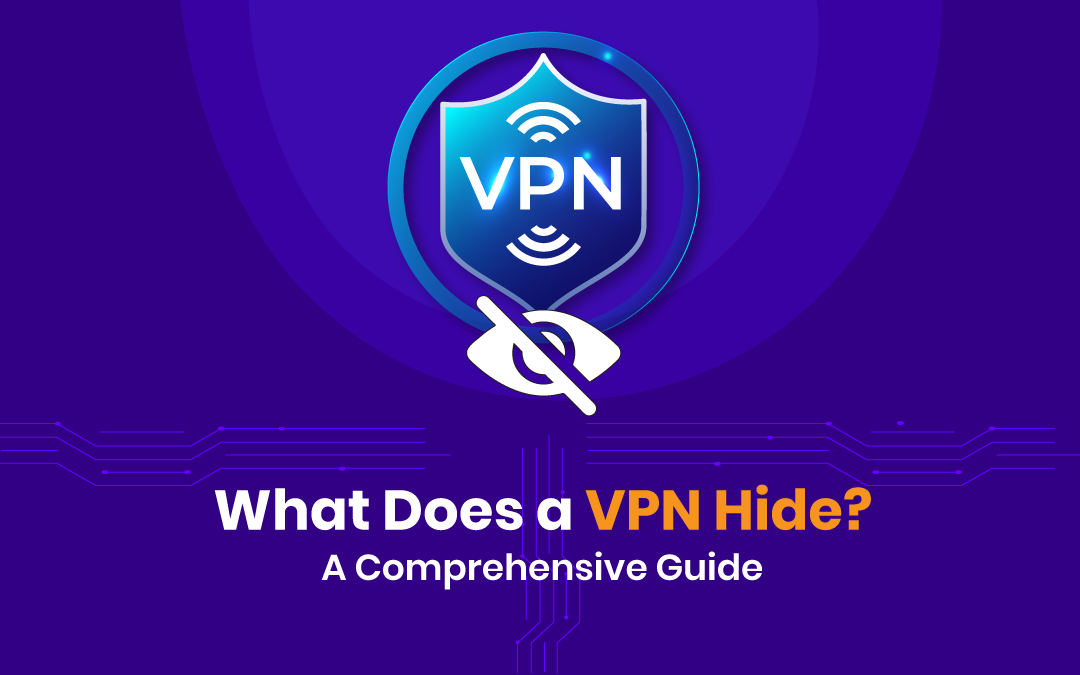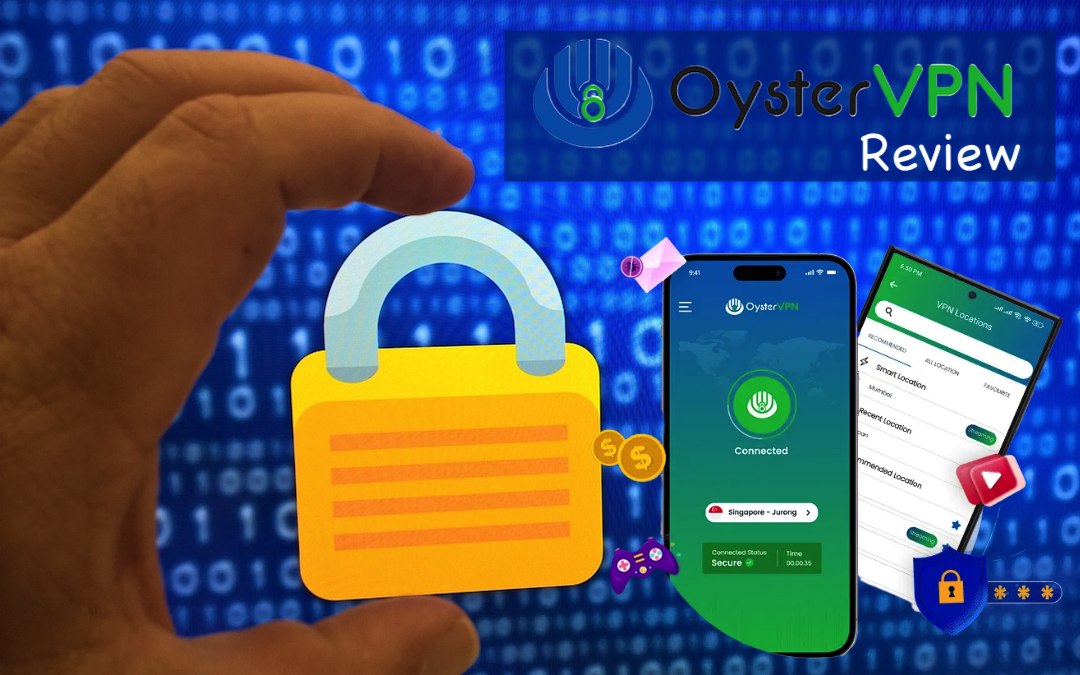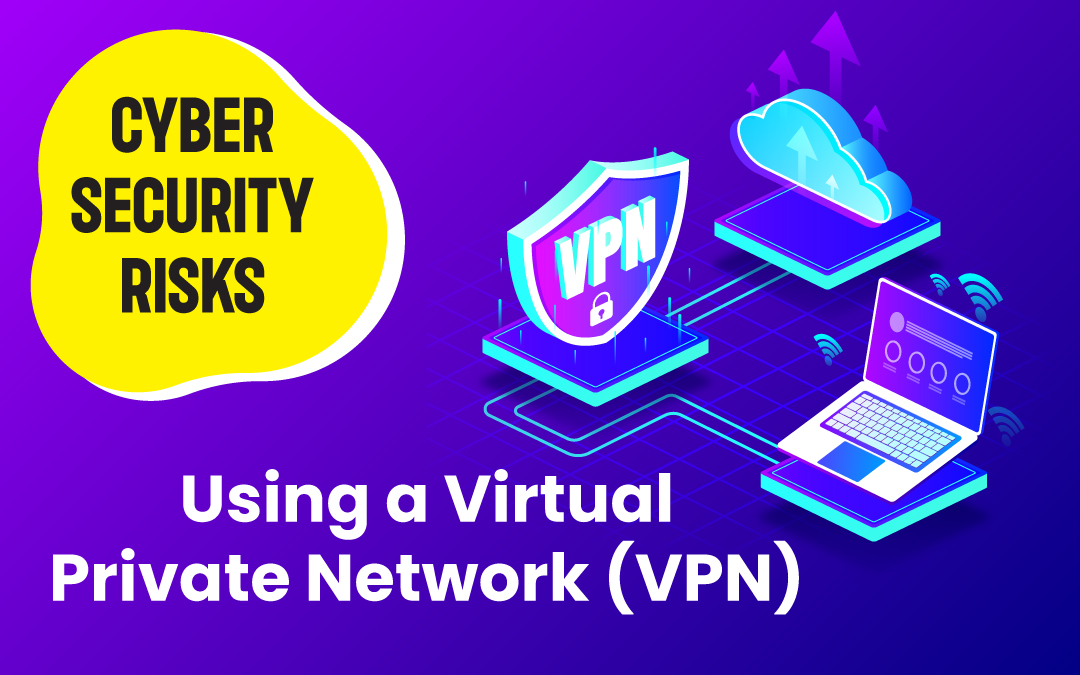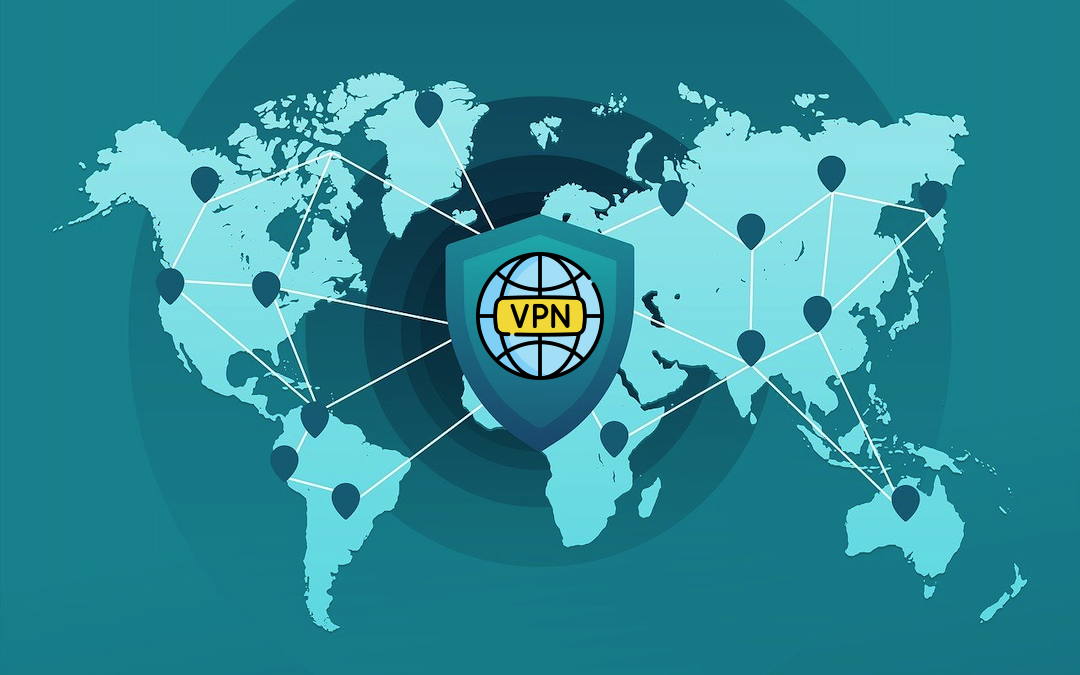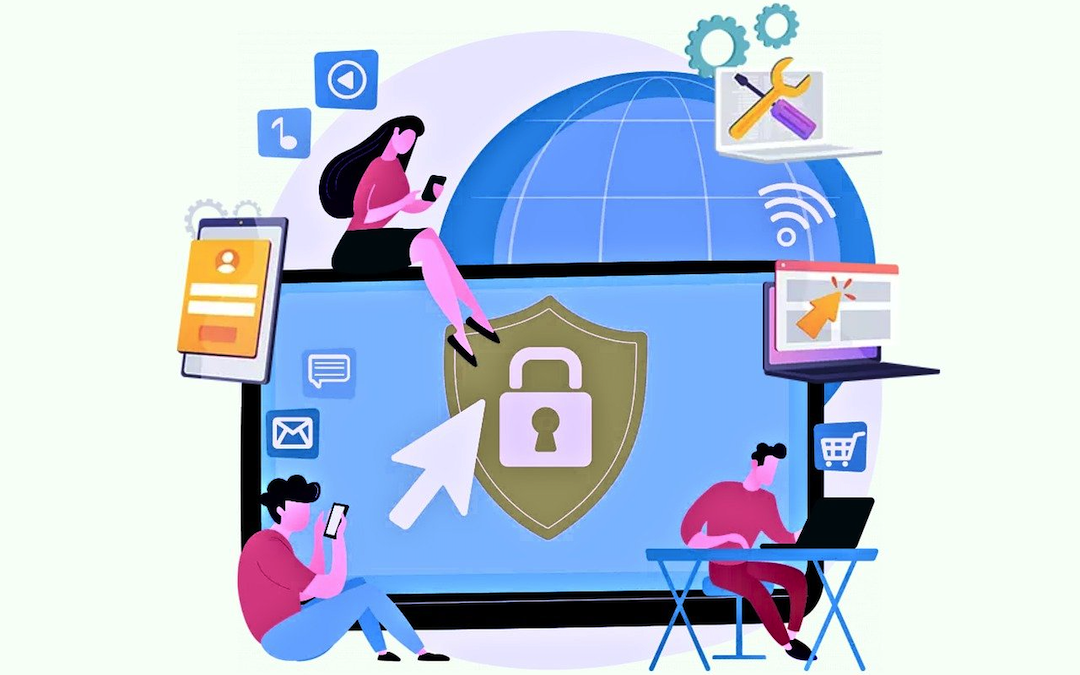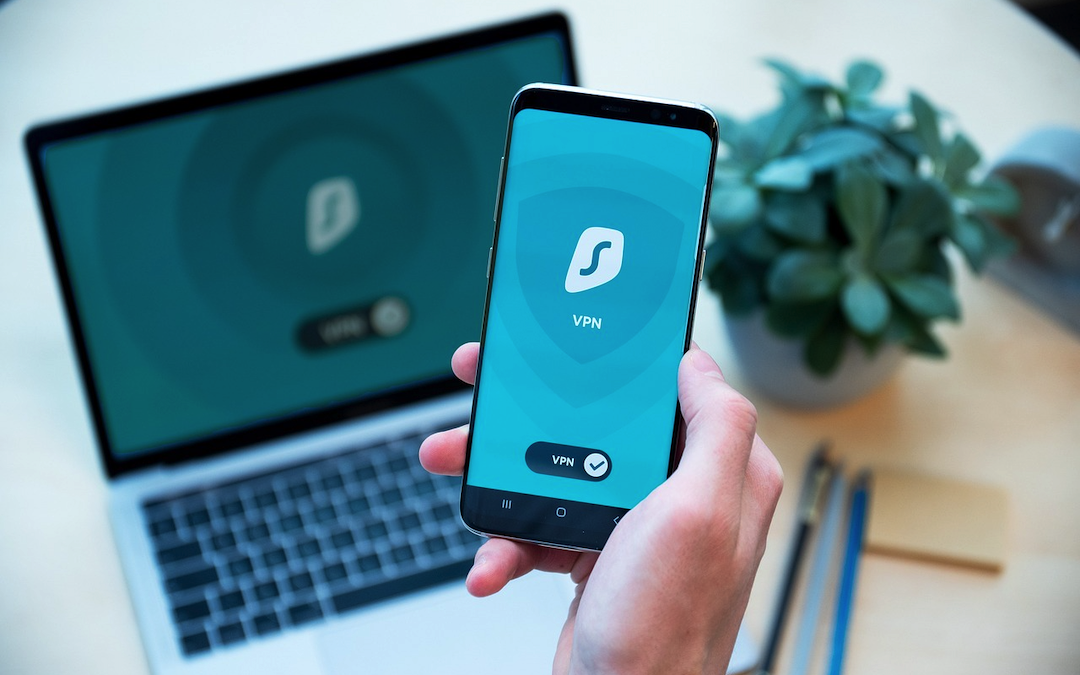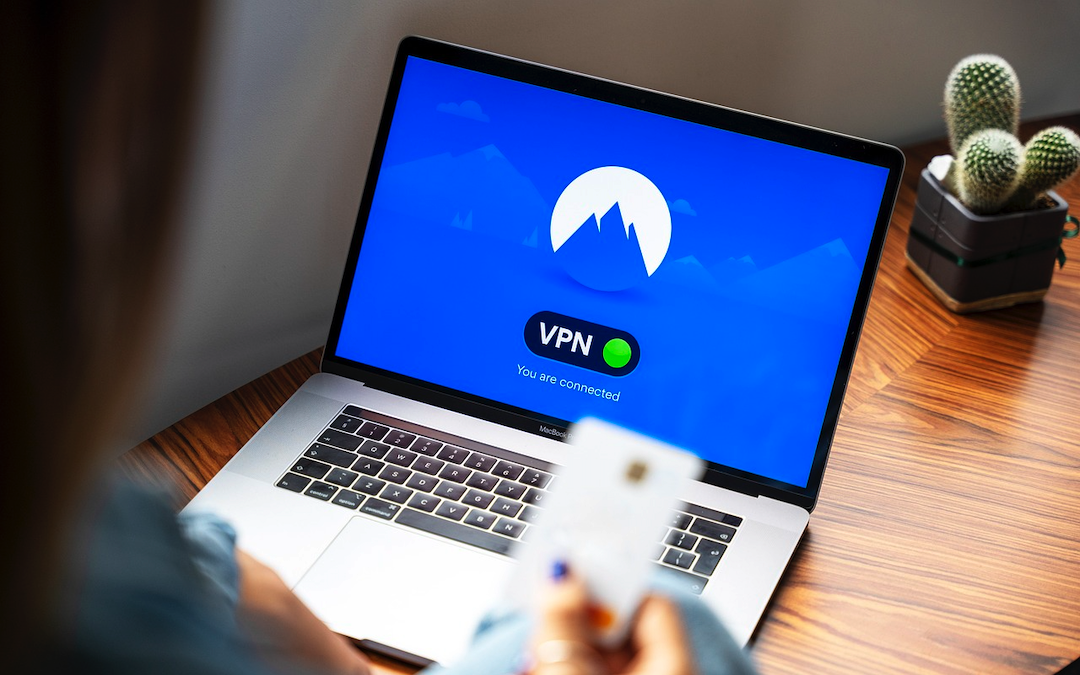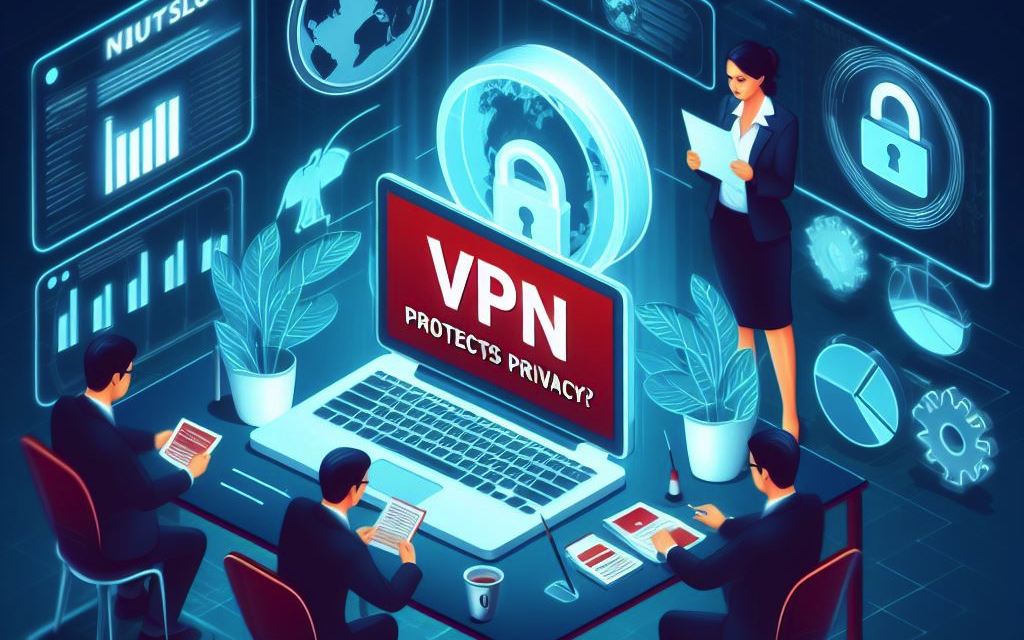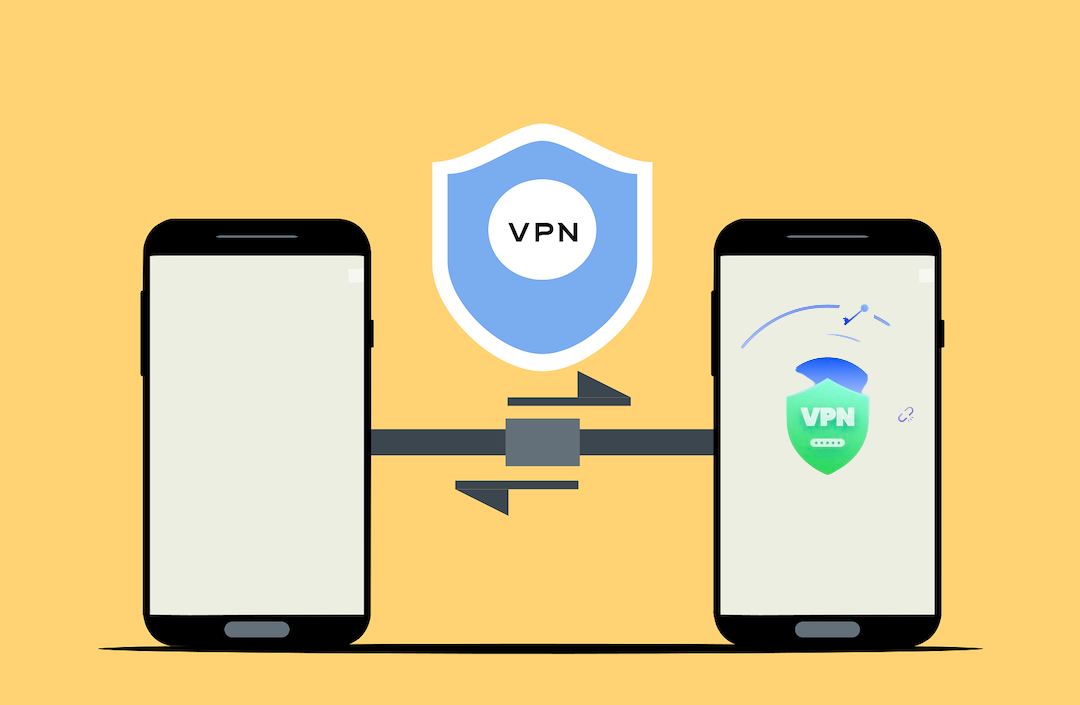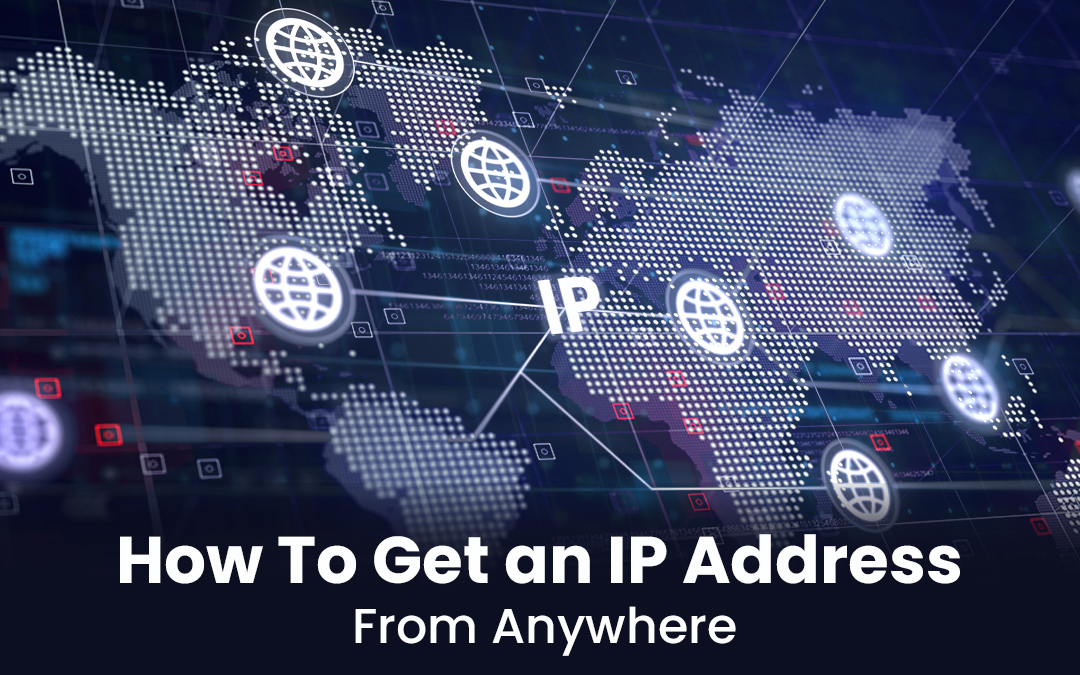
Using a VPN (Virtual Private Network) to obtain an IP address from any country allows users to access the internet as if they were located in that specific region. When connected to a VPN server, your real IP address is replaced with one from the server’s location, effectively masking your true geographic identity. Most VPN providers offer a wide range of server locations, allowing users to choose IP addresses from countries around the world with just a few clicks. This article will use an IP from South Korea as an example to illustrate purpose.

